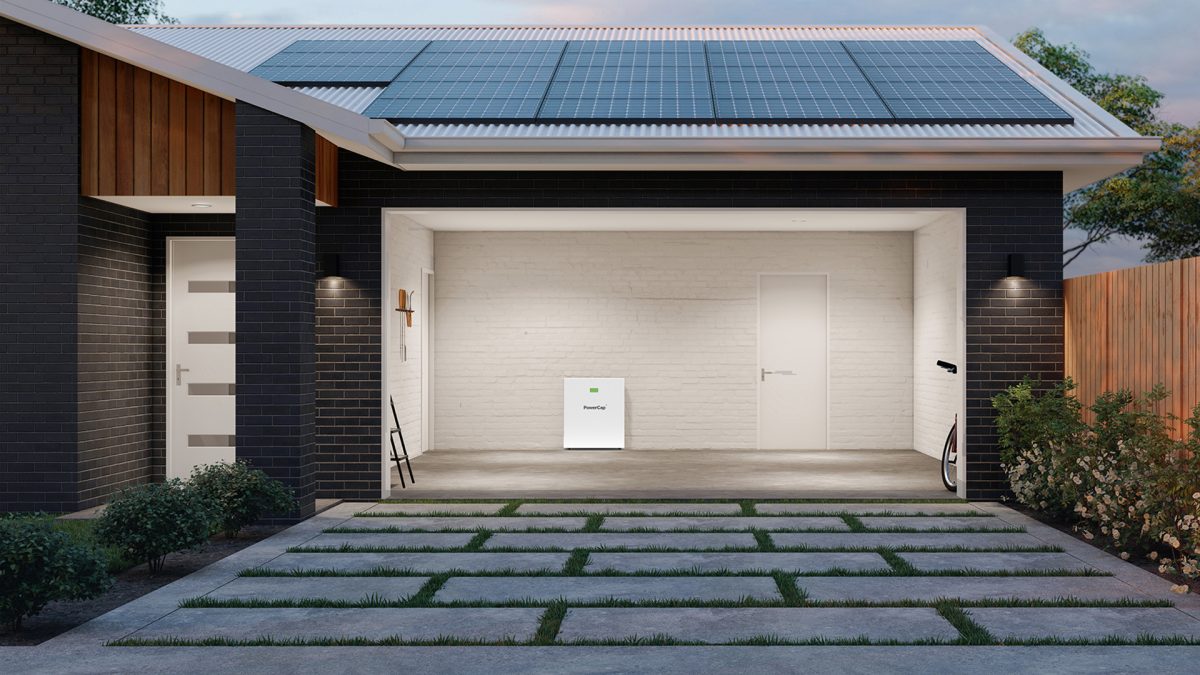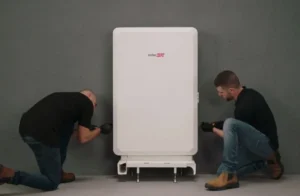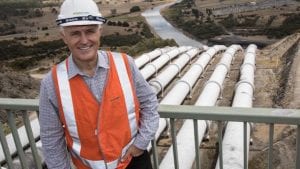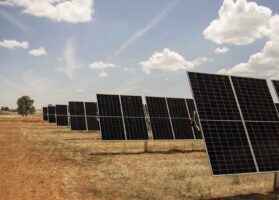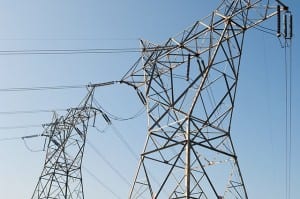A now-ex graphene battery maker in Queensland says it is just weeks away from starting sales on a sodium battery product, and says it has a list of clients waiting for installations.
PowerCap says will start producing its sodium batteries for both commercial clients, many of which are in the US, and for residential use early in 2025. They say the price will be 30 per cent cheaper than lithium ion batteries.
The company, a subsidiary of Zero Emissions Developments, is also working on a solid state battery.
It has the technology solved and is now looking for a manufacturer that can handle the challenges that come with making and dealing with a solid electrolyte.
“We’ve got the technology down, we’ve just got to get into larger scale manufacturing now… we’re probably looking at around two years,” Chris Dryden general manager of product development and manufacturing, told Renew Economy.
In the interim, the company’s initial product is the sodium battery: a version that can plug into a power point, a regular home battery and the commercial size which starts at 50 kWh and can be as large as 130 kWh, but can be stacked to create something bigger.
Dryden says they have one client in Italy which is waiting on a 50 kWh installation.
Sodium over graphene
At the end of last year PowerCap ditched the graphene tech it was hoping to take to the ASX, also in 2023.
The sodium technology was better than the graphene option and didn’t include any lithium at all, which was a key consideration, Dryden says.
“We can charge up to 3C at the moment. If it’s a 100 kW battery we can charge them at 300 kW, so a 20 minute charge time,” he says.
“[For energy density] at the moment our current sodium are comparable, but possibly slightly less than lithium. That’s the tradeoff with safety and longer lifecycles. But the solid state battery will have more energy density.”
But other non-lithium and local companies have tried to break into the battery market and failed, with flow battery pioneer Redflow being a case in point as it went into administration earlier this year.
Dryden expects PowerCap to compete today because in spite of making and assembling the battery modules in Queensland – they outsource the cell manufacture – they can use the units more cheaply and claim to be safer, given sodium is as prone to thermal runaway.
“There’s a cost advantage, there’s a safety advantage, the sodium batteries have an operational range of -40°C to 80°C, and we are getting faster charge rates,” he says.
And they have enough commercial clients to be investigating cell manufacturing plants in the US and India – the US because that’s where the majority of their customers are, and India to avoid future trade wars.
From maker to grave
PowerCap also wants in future to scrape its sodium from desalinated water, rather than use mined sodium, a source it says is more environmentally friendly.
Currently, it has no desalination plants and must buy the sodium in.
The batteries also use the black carbon gleaned from recycled plastic and old tyres, and future factories are being set up to also handle recycling of the company’s own product.
“Part of setting up manufacturing facilities is making sure we can recycle them at the same time… We’ll have a similar process to manufacturing, which will virtually do it backwards,” Dryden says.
“We want to have 100 per cent recyclable products, and the only way to ensure that is to take it on. It’s easy enough to say we’ve got a 100 per cent recyclable battery, but if no one can recycle them [that isn’t true].”

